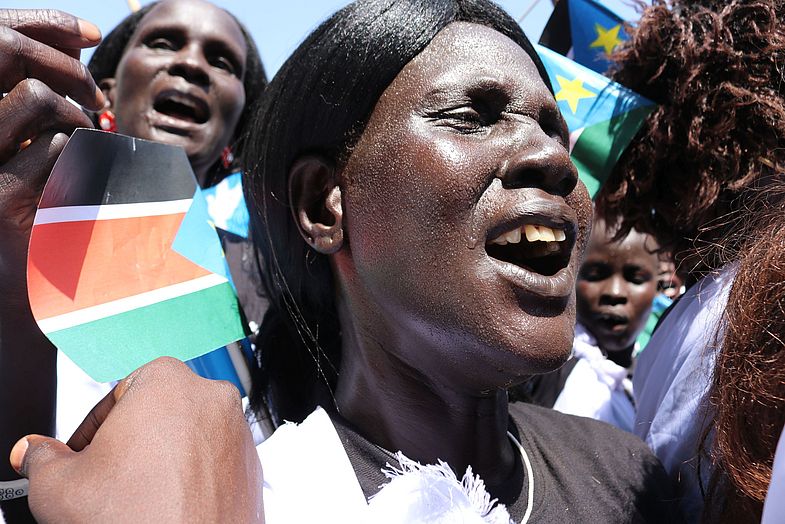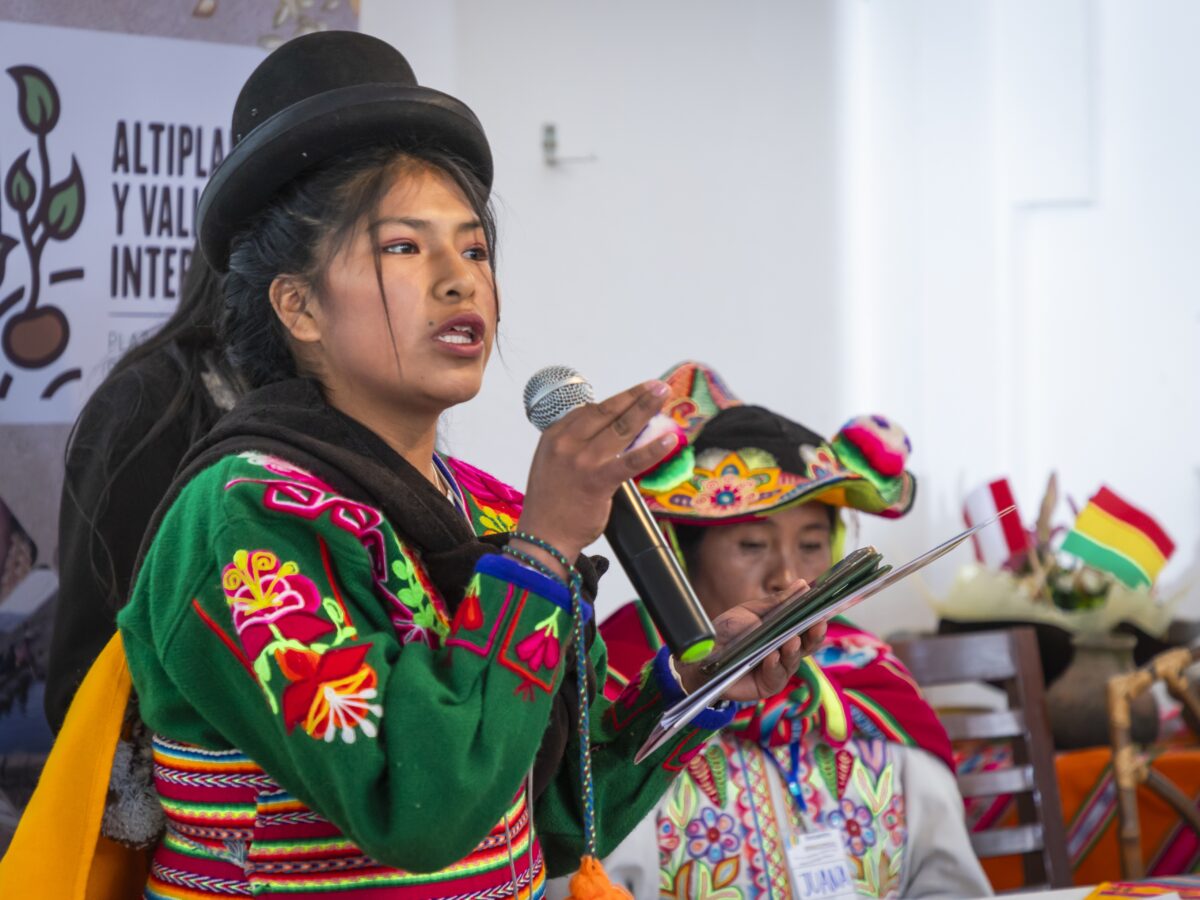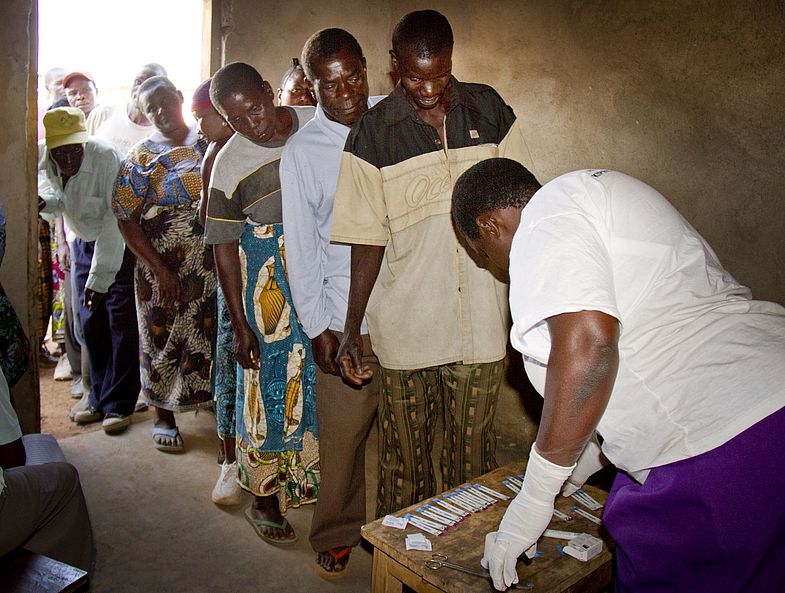The main cause of the war in South Sudan was the conflict within the political elite between President Salva Kiir and the rebels, led by former Vice President Riek Machar. Now, years of painstaking peace efforts in South Sudan, primarily by church actors, appear to be bearing fruit. So far, the parties are abiding by the ceasefire agreement. On October 31, 2018, a large peace celebration was held because of it. The celebration brought back memories of July 2011, when South Sudan was declared independent. For example, one participant said, "I can't hide that I am very happy right now. We all went through a lot and longed for this day. Now it is here."
Commitments to the peace agreement
Thousands of people gathered in South Sudan's capital, Juba, to celebrate peace. Some also simply wanted to see if Riek Machar would actually come. And he did come. In his speech, he stressed that he wanted to stick to the peace agreement and called on President Kiir to release all political prisoners.
The civil war, which lasted more than five years, claimed the lives of over 400,000 people, and thousands were forced to flee. Due to the war, many people could no longer cultivate their fields and there was famine in many parts of the country.
Reconciliation work of the highest importance
Mission 21 has been involved in peace work with local partners for many years and also works in the area of reconciliation and trauma healing. In view of the numerous atrocities committed during the war, reconciliation work must now be carried out. Some 64 ethnic groups live in South Sudan. Mistrust between the individual groups has grown as a result of the conflict. In particular, the instrumentalization of group membership by President Salva Kiir and opposition leader Riek Machar, who belong to the Dinka and Nuer ethnic groups, respectively.
In his speech, President Salva Kiir apologized for the first time on behalf of the government for the suffering inflicted on the population and emphasized the need for the agreement to be supported by all sides. This was an important message to the population, which has suffered great losses. The peace celebration was also important because the population could finally celebrate together again.
► Full text by Silvano Yokwe Alison, journalist from Juba (English)
► Information on Mission 21's peace work in South Sudan






